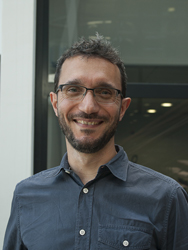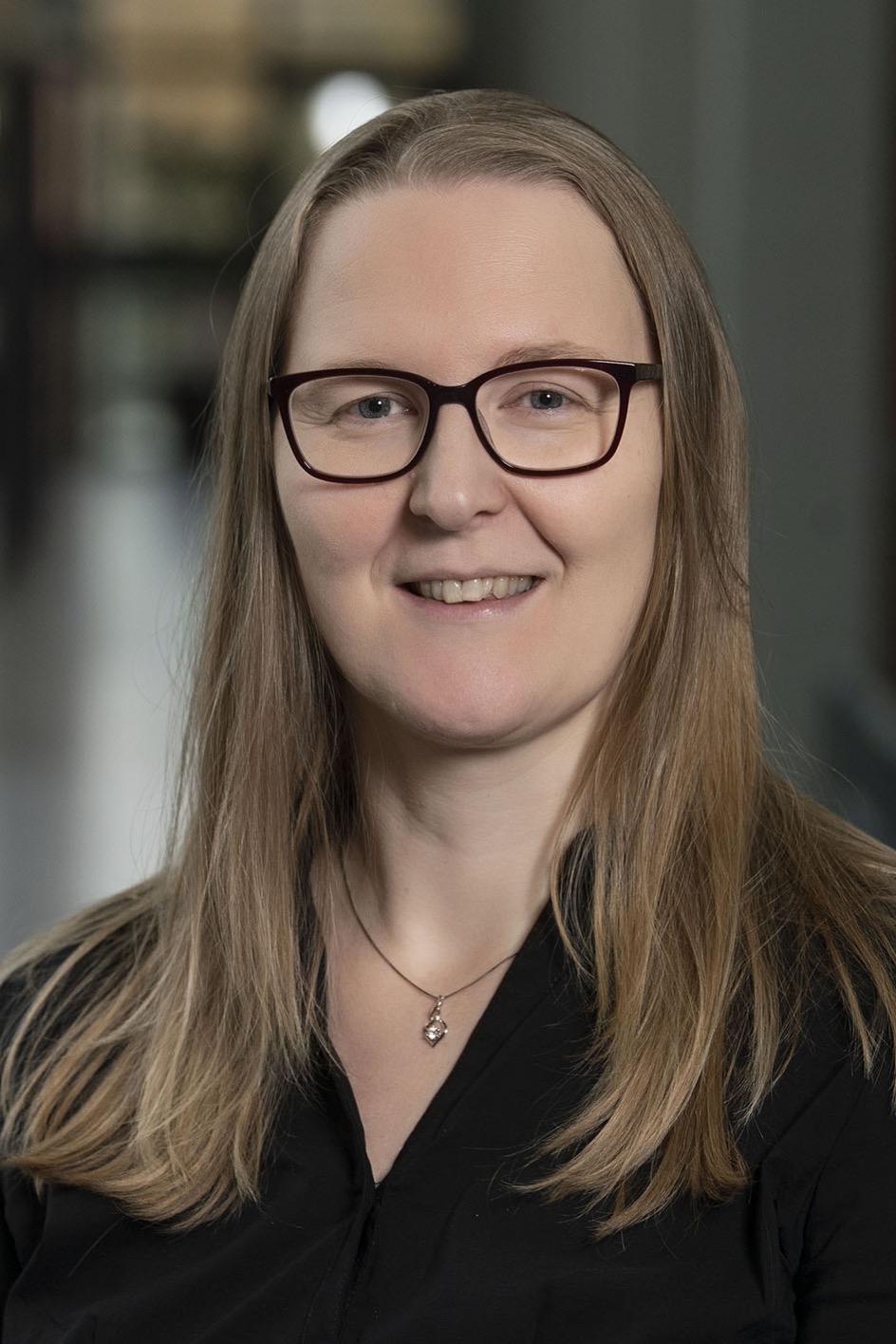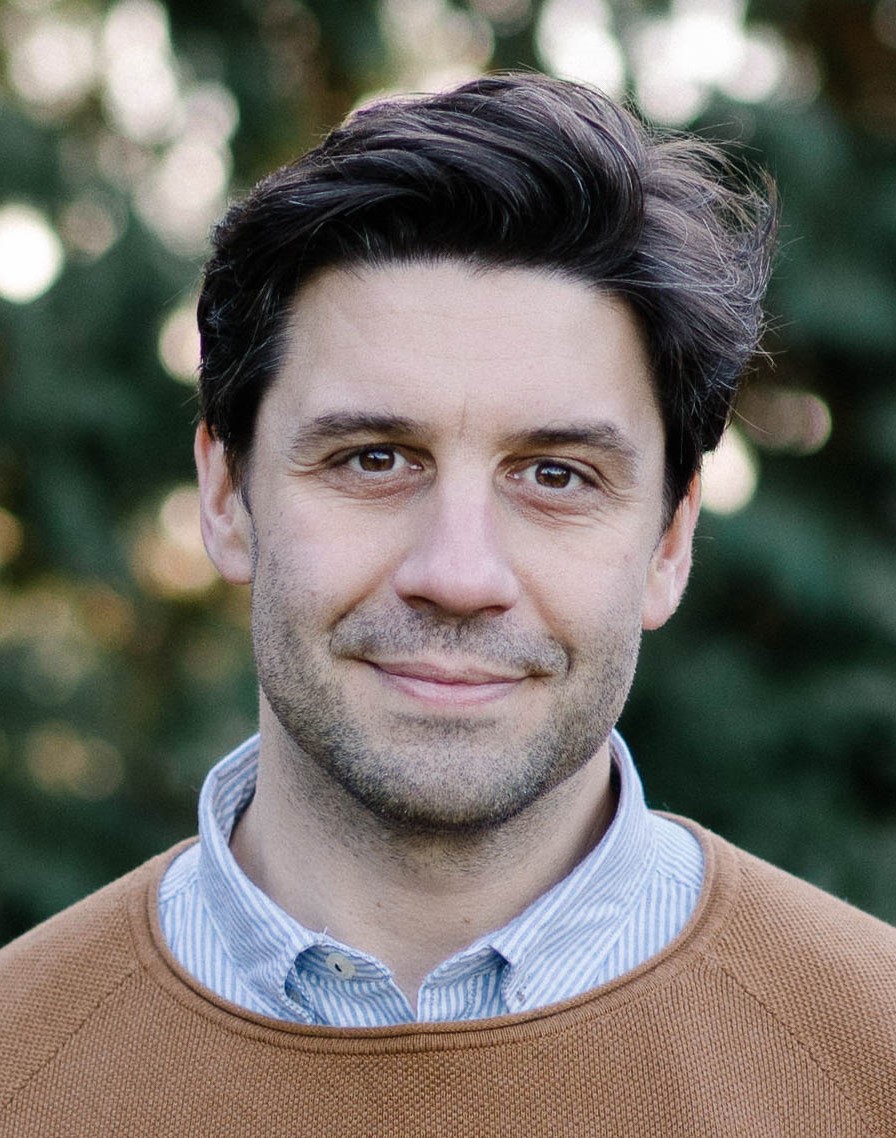Paolo PAPOTTI

Title:
SQL and Large Language Models: A Marriage Made in Heaven?
Abstract:
With the rise of pre-trained Large Language Models (LLMs), there is now an effective solution to store and use information extracted from massive corpora of documents. However, for data-intensive tasks over structured data, relational DBs and SQL queries are at the core of countless applications. While these two technologies may appear distant, in this talk we will see that they can interact effectively and with promising results. LLMs can help users express SQL queries (Semantic Parsing), but SQL queries can be used to evaluate LLMs (Benchmarking). Their combination can be further advanced, with opportunities to query with a unified SQL interface both LLMs and DBs. We present recent results on these topics and then conclude with an overview of the research challenges in effectively leveraging the combined power of SQL and LLMs.
Bio:
Paolo Papotti is an Associate Professor at EURECOM, France since 2017. He got his PhD from Roma Tre University (Italy) in 2007 and had research positions at the Qatar Computing Research Institute (Qatar) and Arizona State University (USA). His research is focused on data management and, more recently, on NLP. He has authored more than 160 publications and his work has been recognized with two “Best of the Conference” citations (SIGMOD 2009, VLDB 2016), three best demo award (SIGMOD 2015, DBA 2020, SIGMOD 2022), and two Google Faculty Research Award (2016, 2020).
Katja HOSE

Title:
Knowledge Graphs, ready to power intelligent systems?
Abstract:
As knowledge graphs become increasingly vital for managing and integrating heterogeneous data, they are also emerging as key components in supporting intelligent systems and enabling advanced data analysis. Their capacity to represent and connect vast amounts of information presents exciting opportunities but also brings significant challenges in ensuring data quality, interoperability, and efficient access at scale. This talk explores approaches to fully leverage the potential of knowledge graphs, positioning them as trustworthy, scalable tools ready to meet the demands of an increasingly data-driven world.
Bio:
Katja Hose is a full professor of Data Management at TU Wien's Databases and Artificial Intelligence research unit since 2023. She had prior positions at Aalborg University, the Max Planck Institute for Informatics, and received her PhD from Ilmenau University of Technology. Her research is rooted in data and knowledge engineering and focuses on various aspects of graph databases, knowledge graphs, data integration, and applied machine learning. She has co-authored more than 150 peer-reviewed publications and regularly serves as a reviewer for a broad range of conferences including TheWebConf/WWW, VLDB, SIGMOD, EDBT, ISWC, ESWC, etc. She is an editorial board member of the VLDB Journal and SWJ as well as an associate editor for TGDK. She has served in many different organizational roles for international conferences, such as VLDB, SIGMOD, EDBT, TheWebConf/WWW, and ISWC, including program co-chair roles for ISWC 2024, EDBT 2023, and ESWC 2021.
Asterios KATSIFODIMOS

Title:
An Ode to Stateful Dataflow Graphs
Abstract:
Data stream processing is witnessing its prime time due to efforts by database researchers and numerous worldwide open-source communities. While stream processing in the early 2000s was used for computing simple windowed aggregates and joins, stream processors nowadays are used for real-time traffic predictions, fraud detection, event-driven microservices, and even serverless functions. In this talk, I will first outline how streaming systems have changed since the early days of stream processing, and pinpoint the main advances that have led to the widespread adoption of modern stream processors. I will then turn to the ability of stream processors to be “misused” in modern applications based on an important observation: multiple families of data-intensive applications can be modeled as stateful dataflow graphs, which can be automatically scaled and deployed in the Cloud. Are streaming dataflow engines the answer to the quest for a "universal execution engine” for the Cloud?
Bio:
Asterios Katsifodimos is an Assistant Professor at the Delft University of Technology, and a Visiting Academic at Amazon Web Services (AWS) - AI. Before that, Asterios worked at the SAP Innovation Center (Berlin), and at the Technical University (TU) of Berlin. He obtained his PhD from INRIA Saclay/University Paris 11. His research spans the areas of parallel data processing, Cloud computing, and data integration. Asterios has received the ACM SIGMOD Research Highlights Award in 2016, the EDBT best paper in 2019, EDBT best demo award in 2023, and the ACM SIGMOD Systems Award in 2023.





